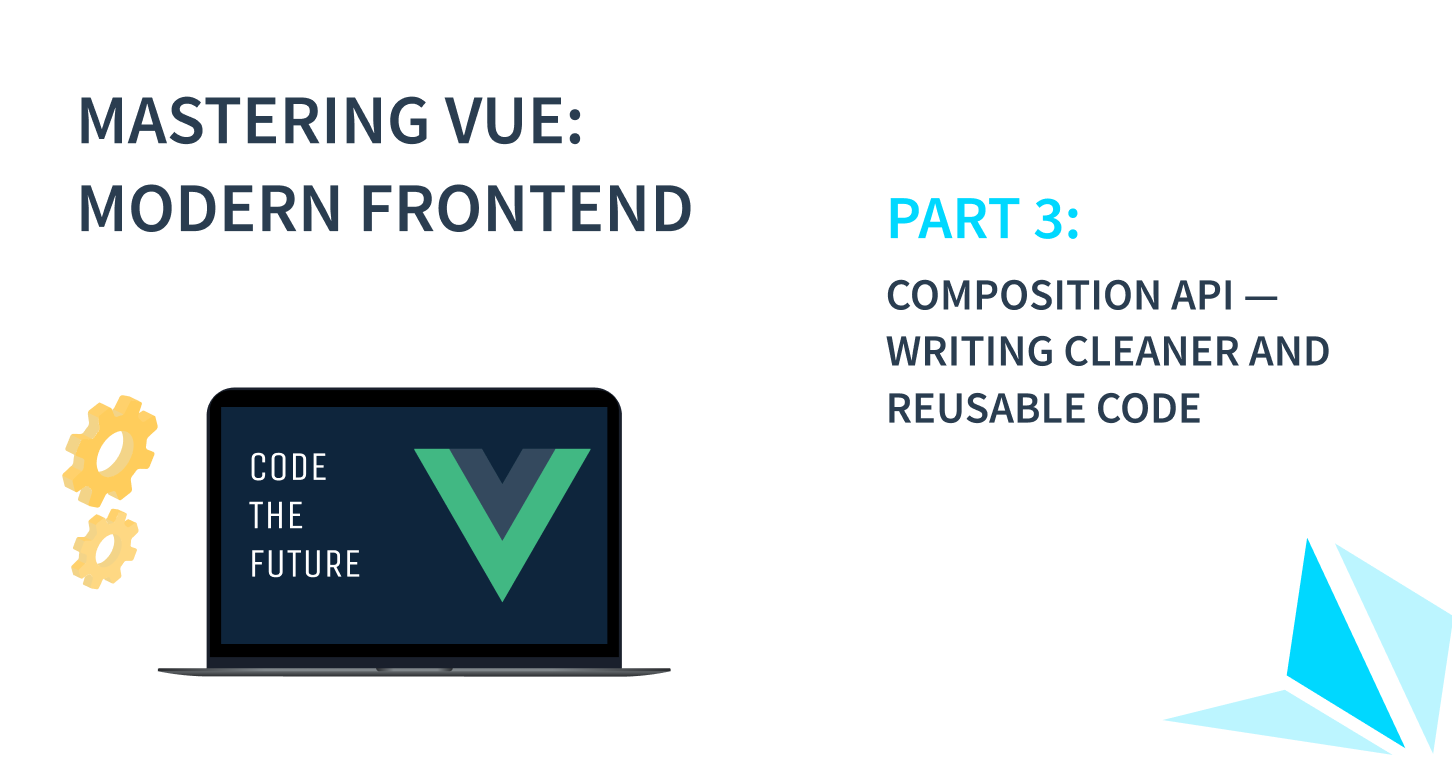
Mastering Vue 3, Part 3: Composition API — Writing Cleaner and Reusable Code
The introduction of the Composition API in Vue 3 has been a game-changer for developers, offering a more flexible and scalable way to structure applications. By enabling cleaner and reusable code, the Composition API makes it easier to manage complex logic and streamline development workflows. In this article, we’ll explore the benefits of the Composition API and how you can use it to elevate your Vue development.
Why the Composition API?
Before Vue 3, developers relied on the Options API, which, while intuitive, often resulted in scattered logic for larger components. The Composition API addresses these challenges by:
- Organizing Code Better: Group related logic in one place, making it easier to understand and maintain.
- Reusing Logic: Share functionality across components without mixins or higher-order components.
- Improving TypeScript Integration: Work seamlessly with TypeScript for enhanced type safety.
Key Features of the Composition API
The Composition API introduces several core features that enhance development flexibility:
- Reactive State: Use
reactiveandrefto create reactive variables and objects. - Composable Functions: Encapsulate logic into reusable functions for better code organization.
- Lifecycle Hooks: Access Vue’s lifecycle hooks directly in the setup function.
Example: Counter with the Composition API
Let’s take a look at how to create a simple counter using the Composition API:
Count: {{ count }}
With just a few lines of code, the Composition API makes it simple to define and manage reactive state, making your components more concise and maintainable.
Composables: Reusable Logic Made Simple
One of the standout features of the Composition API is the ability to create composables—reusable functions that encapsulate logic. For example, a composable for fetching data might look like this:
import { ref } from 'vue';
export function useFetch(url) {
const data = ref(null);
const error = ref(null);
const fetchData = async () => {
try {
const response = await fetch(url);
data.value = await response.json();
} catch (err) {
error.value = err.message;
}
};
return { data, error, fetchData };
}
This composable can then be used across multiple components, saving time and reducing redundancy.
Conclusion
The Composition API offers a modern, powerful way to write Vue 3 applications. By embracing its features, you can build cleaner, reusable, and maintainable code that scales effortlessly. Whether you’re refactoring existing projects or starting new ones, the Composition API is a tool every Vue developer should master.
Partner with Us for Vue Excellence
At MangoSoft, we specialize in crafting Vue.js applications that are as clean as they are powerful. Let us help you bring your ideas to life with cutting-edge development practices. Contact us today!










